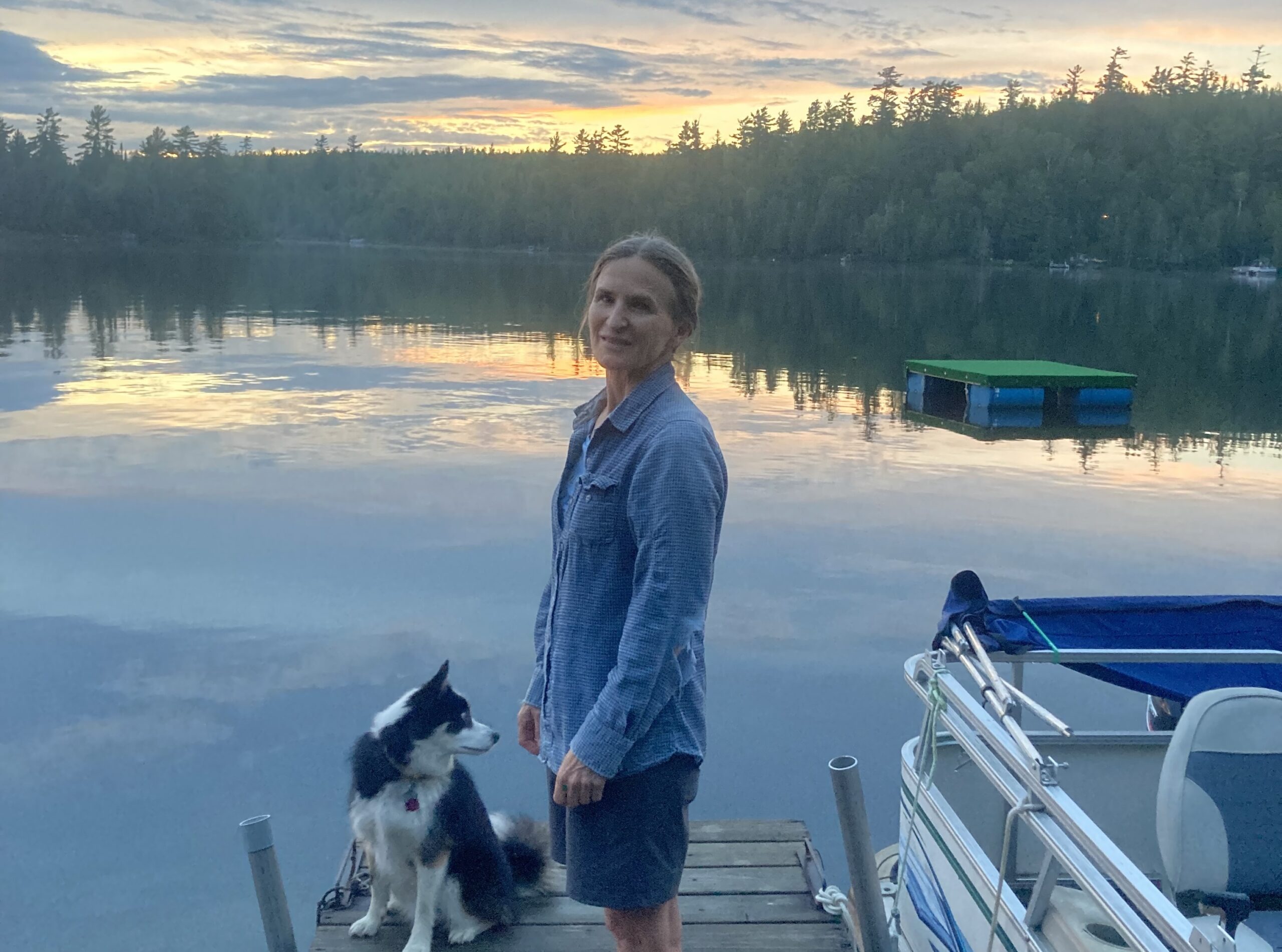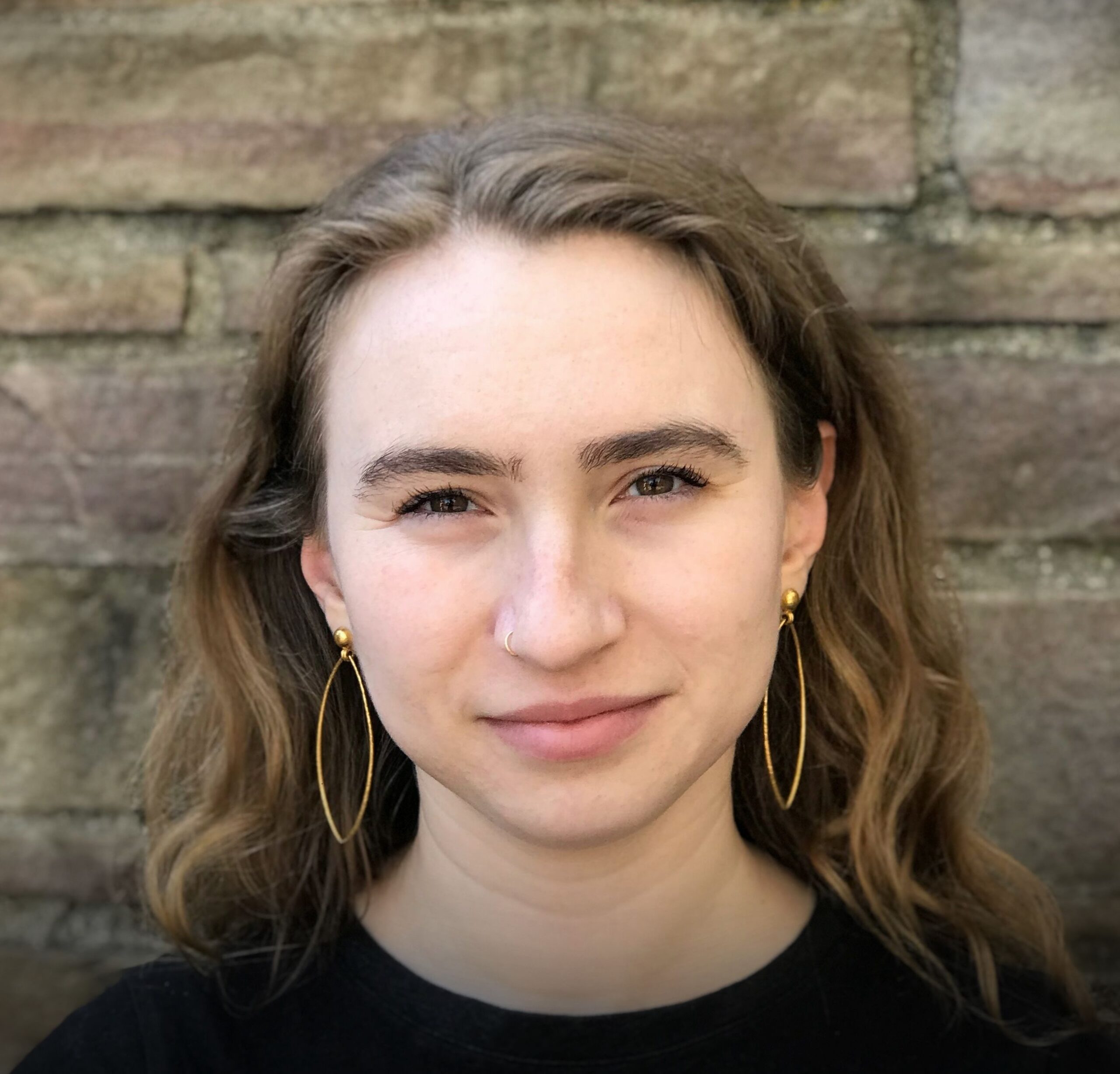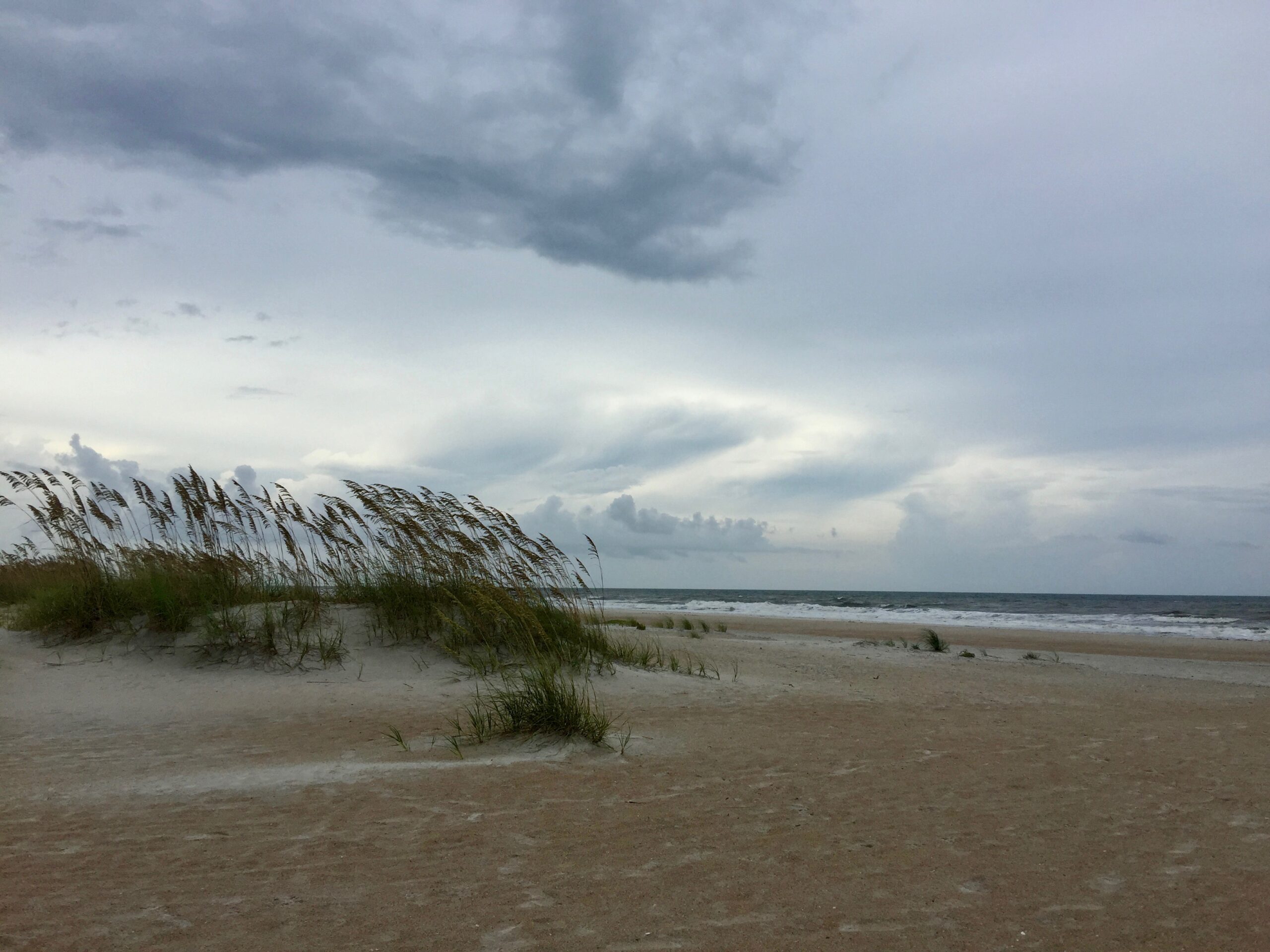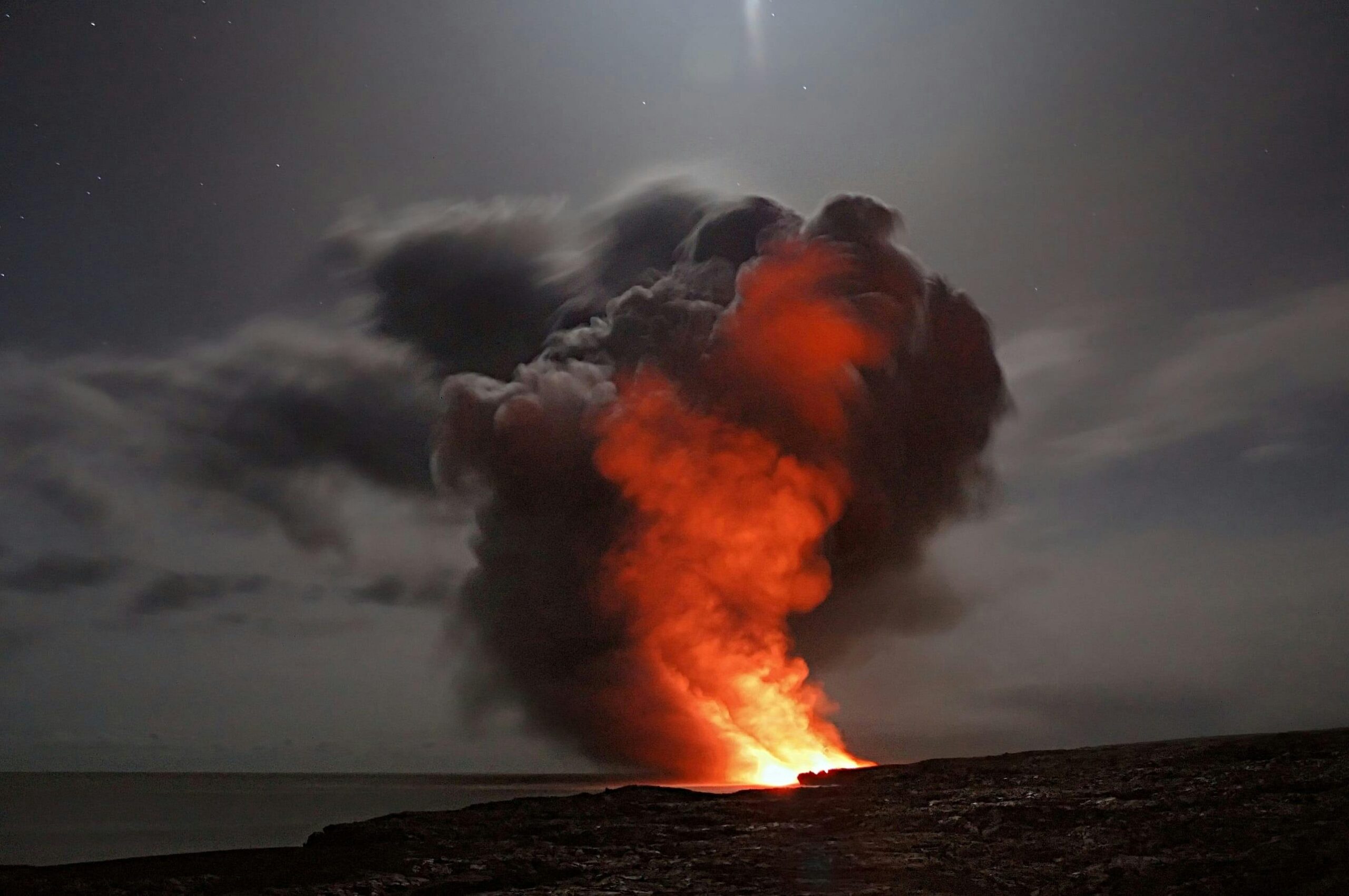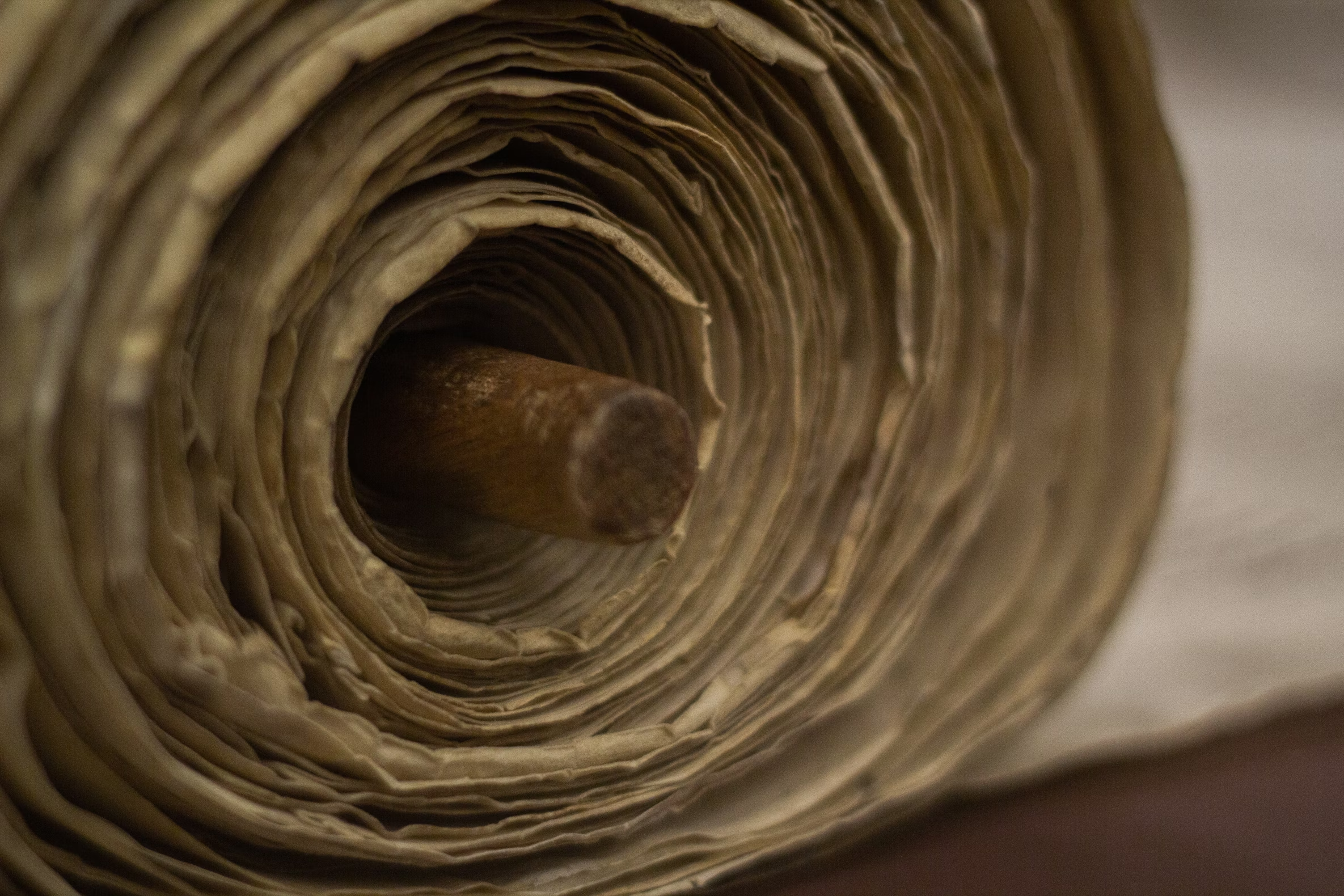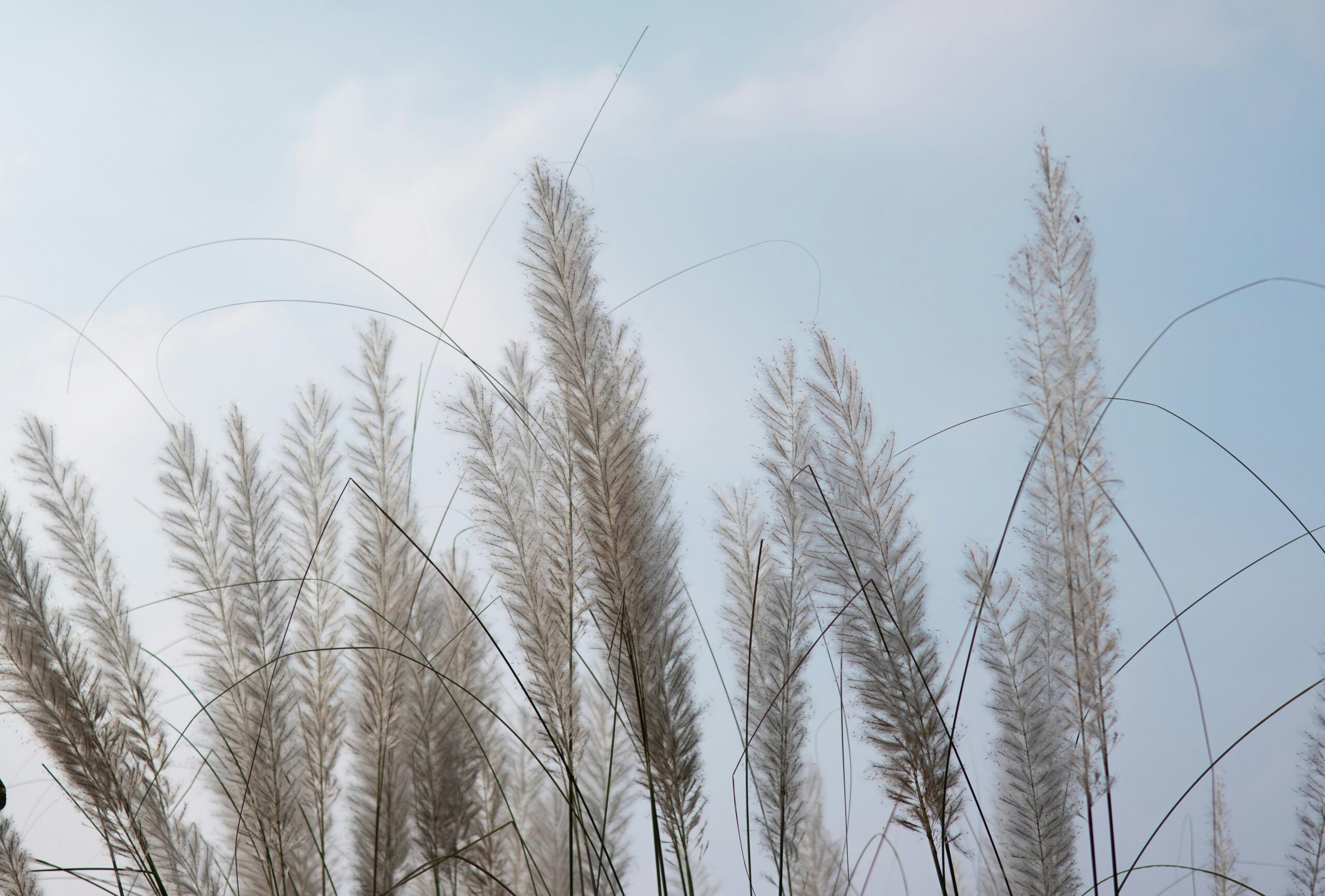This month we bring you work by Dylan Carpenter, a poet new to our pages. Dylan also has poetry in an upcoming print issue of The Common.
Let me, for a little longer, ponder that familiar place
I remember but would not, could not, and had refused to face
Wholly as a place unto itself, instead of an idea
That concealed a recherché emotion: My Wallonia.
How do I begin? The place that I endeavor to portray
Languishes, a somnolent geography, and slips away.


